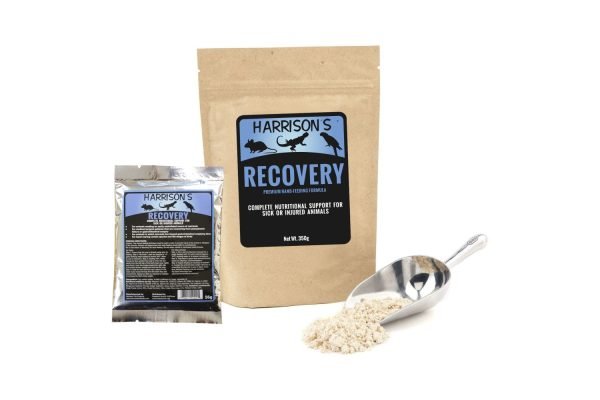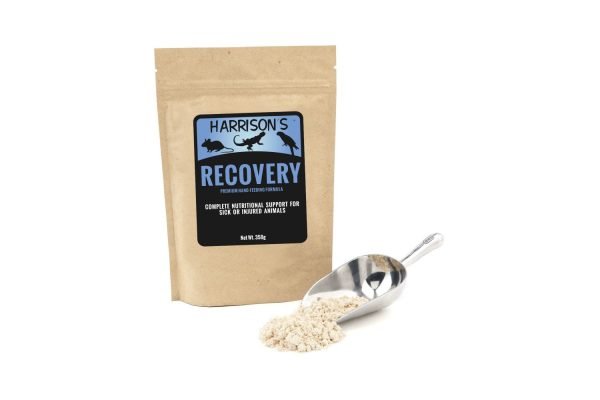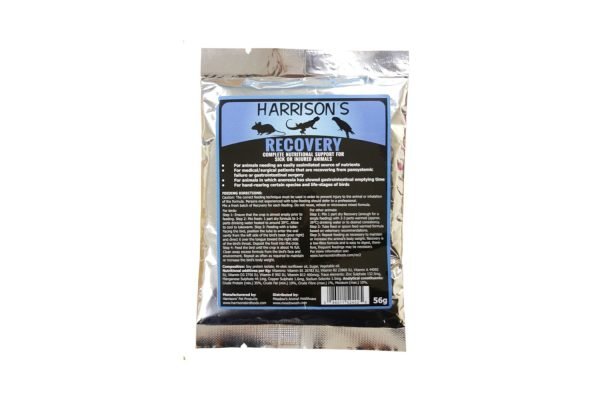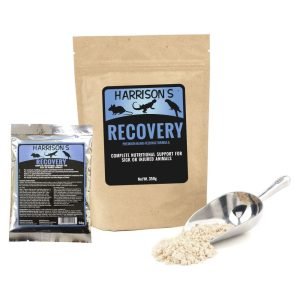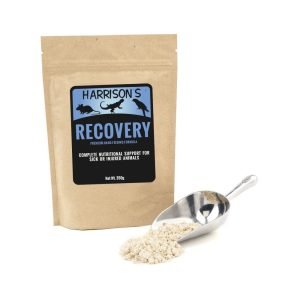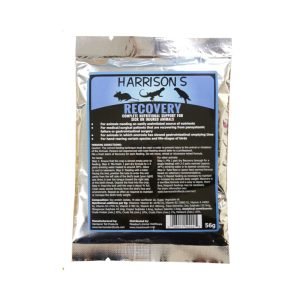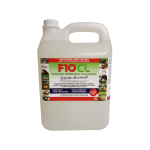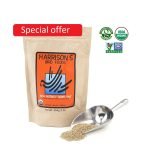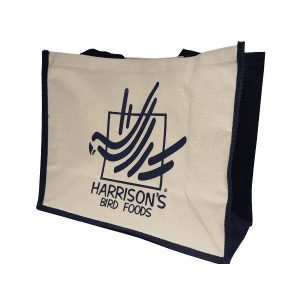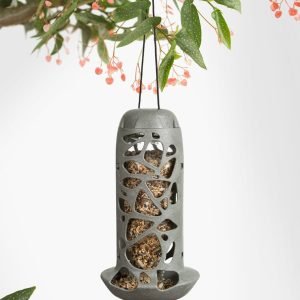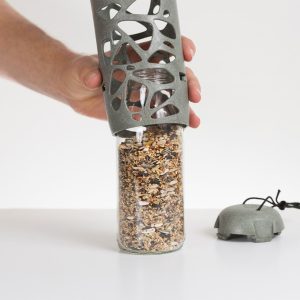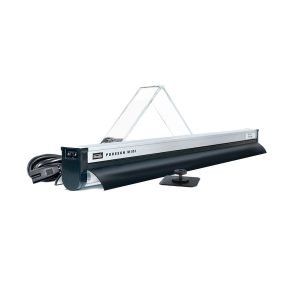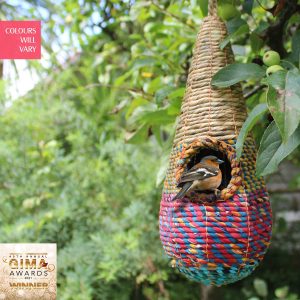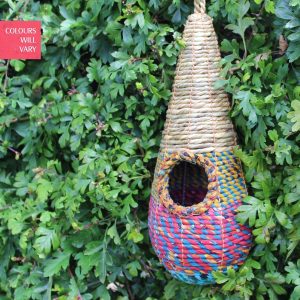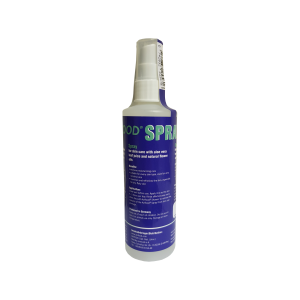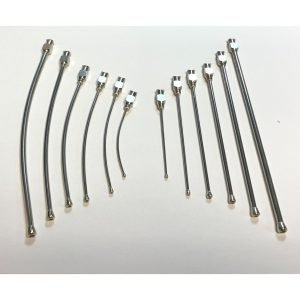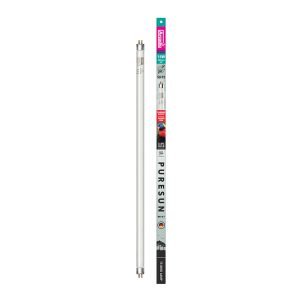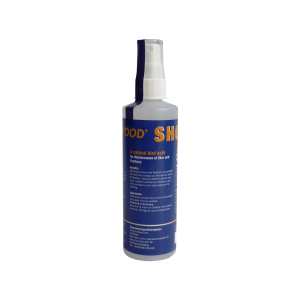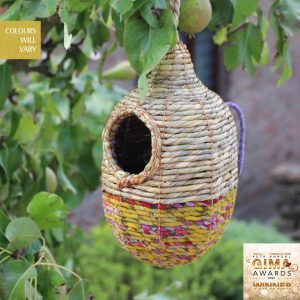00
Recovery Formula
£23.29 — available on subscription
- Description
- Additional information
Description
The scoop in any images is shown for illustrative purposes only.
Harrison’s Recovery Formula provides an easily assimilated source of nutrients for young, sick or injured animals.
USES
- For new-born chicks when hand-feeding from day 1 or 2 (for some chicks transition to Juvenile Formula – see below).
- For animals needing an easily assimilated source of nutrients
- Medical and surgical patients that are recovering from pansystemic failure and have progressed to a point where oral, easily digested diets are indicated
- When anorexia has slowed gastrointestinal emptying time. Not for cases of illeus or stasis.
- For debilitated or injured animals use as gavage (tube) mix until they are self-feeding
- As a dietary transition for recovering avian patients that have been on a seed diet and need nutritional support
- For those dedicated to the rehabilitation of orphaned nestlings, Recovery Formula is ideal as a hand-feeding diet from hatching to fledgling of small insectivorous birds with an apparent inability to digest cornstarch.
FEEDING DIRECTIONS
Caution: The correct feeding technique must be used in order to prevent injury to the animal or inhalation of the formula. Persons not experienced with tube-feeding should defer to a professional. If using a non-metal or flexible tube, be sure that the bird does not damage the tube.
Mix a fresh batch of Recovery for each feeding. Do not reuse, reheat or microwave mixed formula.
For birds
- Step 1: Gently feel the crop to determine that it is almost empty before feeding.
- Step 2: Mix fresh. Mix 1 part dry formula to 3 parts ‘drinking’ water* heated to around 39°C (103°F). Do not microwave. Allow to cool to lukewarm.
- * – this can be amended as necessary, up to a 1:1 ratio by adding less water, if a thicker mixture is required
- Step 3: Feeding with a tube is probably the most universally successful technique. As one faces the bird, position the tube to enter the oral cavity from the left side of the bird’s beak (your right) and direct it over the tongue toward the right side of the bird’s throat. Deposit the food into the bird’s crop.
- Step 4: Feed the bird until the crop is about 3/4 full. Clean the excess formula from the bird’s beak, feathers and enclosure. Repeat as often as needed to maintain or increase the bird’s body weight. For further information on usual daily feeding volumes, please see this information page.
The Harrison’s range also includes Juvenile Formula formulas for hand-rearing other birds.
| Chick size/species | 0 – 7 days | 7 – 21 days | 21 days to weaning |
|---|---|---|---|
| Psittacines, doves and pigeons | Recovery Formula | Mix of Recovery and Juvenile Formulas – see * below | Juvenile Formula |
| Cockatiels ^ | Recovery Formula | Juvenile Formula | |
| Finches, passerines, small insectivorous birds with an apparent inability to digest cornstarch | Recovery Formula | ||
* From 8 days old onwards, each day incrementally decrease the level of Recovery Formula in the hand-rearing mix and substitute with Juvenile Formula so that on day 21 the mix is 100% Juvenile Formula.
^ Cockatiels have a more rapid rate of growth and feather production than other birds, and therefore benefit from remaining on the Recovery Formula for longer as they require a high protein (essential amino acids + energy) formulation, and a relatively high level of calcium (per unit energy) to ensure adequate mineralisation of the developing bones. Birds with a slower rate of growth (e.g. larger parrots) benefit from an earlier transition to the Juvenile Formula as too high a plane of nutrition for too long will potentially result in either tissue growth/weight being too great for the strength of the bones, or excess calories being stored as fat in the tissue or liver. With these species of birds, a lower energy input for a longer period is required to allow tissues of differing types to mature in an appropriate and parallel time frame.
For other animals
General guidance for critical care is given below, however this can be adapted for specific situations/species.
- Step 1: Mix fresh: 1 part dry formula to 2-3 parts warmed (around 39°C/103°F) drinking water, or to a desired consistency. Do not microwave. Allow to cool to lukewarm.
- Step 2: Tube feed or spoon feed warmed formula based on veterinary recommendations.
- Step 3: Repeat feeding as necessary to maintain or increase the animal’s body weight. Recovery is a low-fibre diet and is easy to digest, therefore frequent feeding may be necessary.
Composition: Soy protein isolate, Hi-oleic Sunflower oil, Sugar, Vegetable oil.
Nutritional additives per kg: Vitamins: Vitamin A 44092 IU, Vitamin B1 26783 IU, Vitamin B2 23800 IU, Vitamin D3 2756 IU, Vitamin E 992 IU, Vitamin B12 400mcg. Trace elements: Zinc Sulphate 132.5mg, Manganese Sulphate 44.1mg, Copper Sulphate 1.6mg.
Additional information
| Weight | 0.056 kg |
|---|---|
| Size | 56g, 350g |
